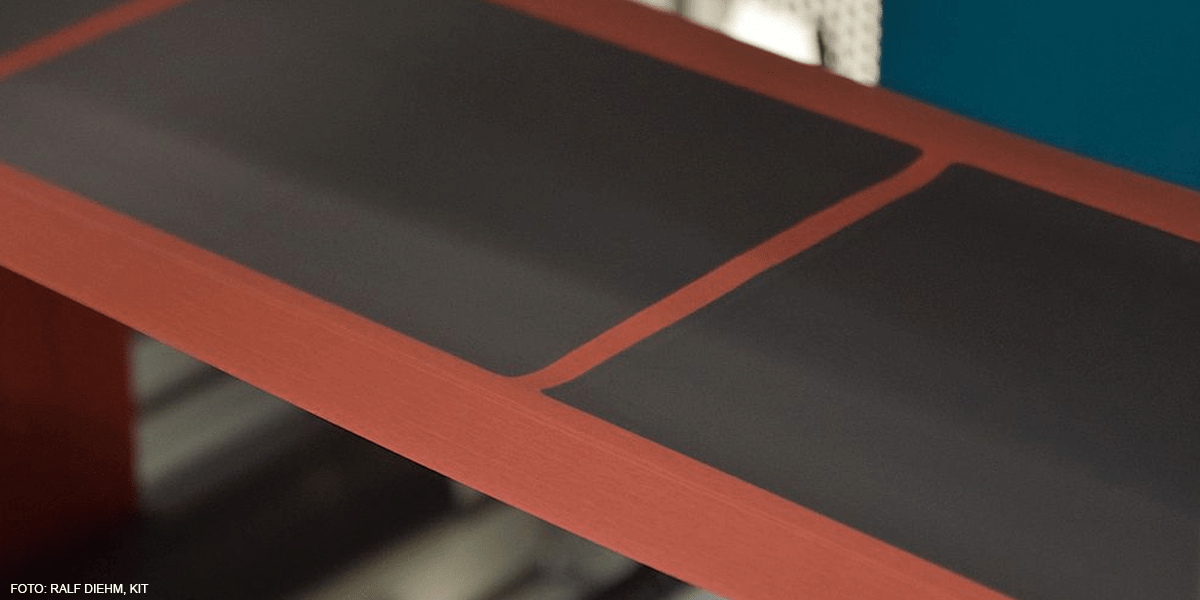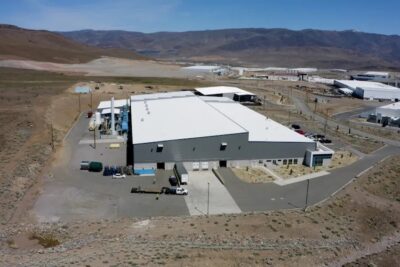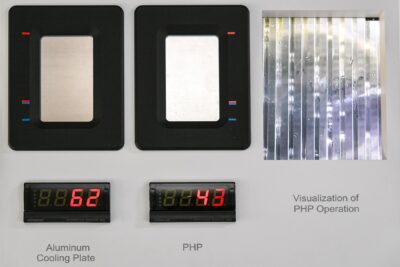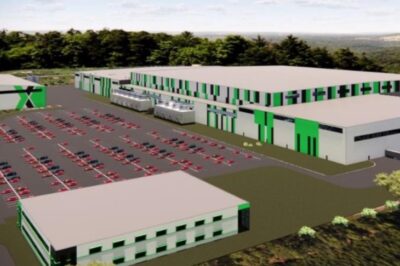Project TwinVECTOR to bundle European battery development competence
The TwinVECTOR project aims to pool European expertise in the development of next-generation batteries. The EU is funding the project with €1.3 million over a period of three years.
The centre of excellence at Tomas Bata University (TBU) in Zlín, Czech Republic, is to be expanded with the support of the consortium partners so that multidisciplinary, national and international project teams can network, create synergies and collaborate on further development of battery energy storage technologies, according to a statement from the Bavarian Research Alliance.
Four partners from Germany (KIT, BayFOR), Finland (VTT) and Austria (AIT) are participating in the project under the coordination of Tomas Bata University. By networking with international players from science and industry, a knowledge pool for new battery energy storage technologies is to be created, from the laboratory to the market.
In addition to developing and sourcing sustainable materials obtained in full compliance with social and environmental standards, the production of these batteries is also to become more sustainable. However, it is not only about sustainability, but also about requirements from the market: for example, the energy density should continue to increase, but the costs for this should decrease.
In order to strengthen the TBU in its research activities, the project partners contribute their different expertise: the VTT Technical Research Centre of Finland Ltd (VTT, Finland) supports the consortium with its expertise in materials development, while the Karlsruhe Institute of Technology (KIT, Germany) contributes its competence in life cycle analysis and the AIT Austrian Institute of Technology (AIT, Austria) its expertise in energy storage systems.
TwinVECTOR is funded under the EU’s so-called “Twinning” funding scheme, which supports institutional cooperation and the exchange of “best practices” between the public administrations of EU Member States and beneficiary or partner countries. Hence the approach of bringing together the different research institutes with their focal points. Other “national and international project teams from science and industry in the areas of chemistry, electronics, automotive and beyond” are also to be addressed. From the multidisciplinary cooperation, the initiators hope for new research ideas “that will be reflected in scientific publications, conferences, international networking, EU projects and ultimately new products on the market”.





0 Comments